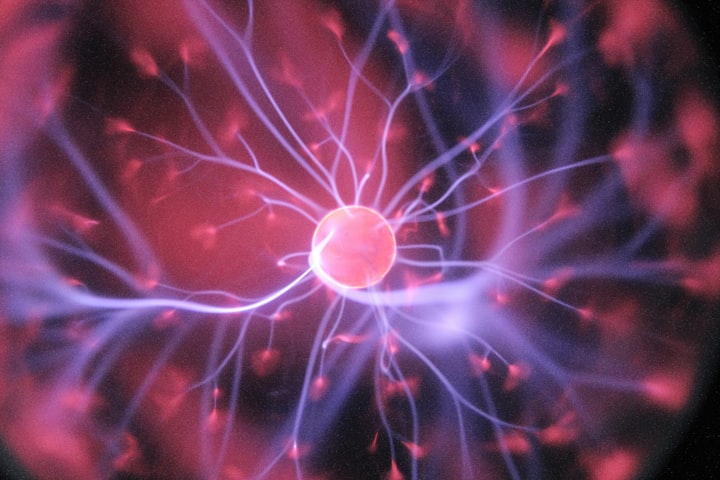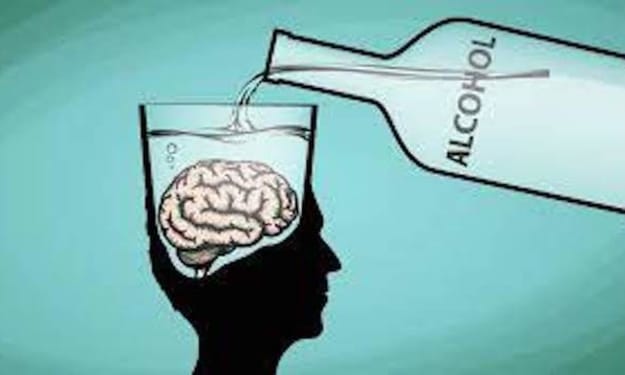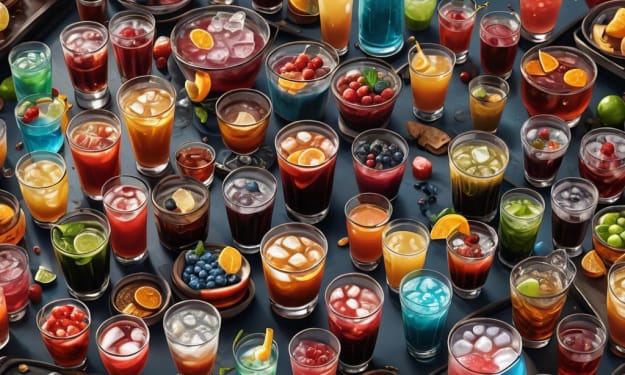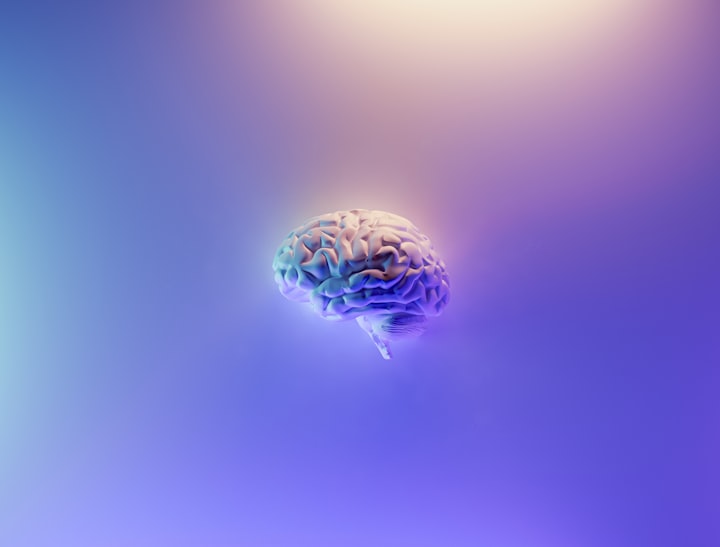
After a night of drinking, some might start to wonder how their body reacts to alcohol under different circumstances. Some may wake up the next morning feeling great; Others might start the day with a pounding headache and vomiting. We know that the common symptoms of hangovers are nausea, dizziness, dehydration, and vomiting, but what goes on within our system that actually causes these symptoms to happen? Twenty-four hours a day, our body works to stay healthy and functional. However, consuming alcohol (or other toxic substances) can cause the body to work harder than normal to recover and prevent dangers.
Dehydration
It’s no secret that dehydration is one of the main factors when drinking alcohol. Alcohol prevents the body from releasing antidiuretic hormone (ADH), also called vasopressin. While the body typically releases ADH, sending signals to the kidneys to hold on to water, drinking alcohol can make this process more difficult. ADH is suppressed when drinking which causes the kidneys to lose more fluid by urinating more frequently. This, in turn, causes dehydration and results in headaches and nausea. Overall, alcohol causes and worsens dehydration symptoms.
Electrolyte Imbalance
Electrolytes are not only essential for healthy living, but they also play a big role regarding alcohol. When we urinate, we are losing fluids and electrolytes. Magnesium, sodium, potassium, and calcium are a few electrolytes that are commonly depleted during drinking sessions. A way to check the body’s electrolyte levels is through a healthcare professional. An electrolyte panel measures the levels of our main electrolytes. Results show that an imbalance can be caused by too little or too much fluid. For instance, drinking a high amount of alcohol or even certain medications such as antacids and blood pressure medicines can create an imbalance.
Acetaldehyde
Other than the occasional glass of red wine, alcohol has never been labeled as a healthy product due to its many toxins. When broken down in the body, ADH is used to metabolize alcohol into acetaldehyde (a highly toxic chemical and carcinogen). The acetaldehyde is then further metabolized into another chemical called acetate. After this process is completed, the substance can be decomposed into water and carbon dioxide. These products are then naturally eliminated by waste.
GABA
Metabolizing and removing toxins from alcohol forces the body to work overtime. The brain plays an important part in leading the process altogether. The body works overtime along with the brain using neurotransmitters called gamma-aminobutyric acid (GABA). More specifically, GABA is a naturally occurring amino acid that sends messages throughout the nervous system. Alcohol can harm the production of the neurotransmitter and reduce the activity in the brain. Consequently, this negatively contributes to both short- and long-term side effects of a person’s physical, emotional, and mental well-being. Factors that can happen with the loss of GABA include loss of motor skills, slurred speech, blurred vision, and impaired judgment.
Avoiding Hangovers
We can’t always avoid a hangover (even with one drink), but there are ways to minimize some of the symptoms and still have a good time. Always make sure to eat foods with a nutritional value before drinking. This can include foods with high protein, healthy fats, and vitamins or minerals. A great and easy way to replenish depleted electrolytes is adding a rehydration solution, such as Drinklyte. This product allows the body to safely and effectively start the recovery process as soon as possible. The last and most important tip is to drink water. Constantly drink water before, during, and after drinking alcohol. Rehydrating is important for replacing electrolytes, keeping our kidneys functioning properly, and, of course, avoiding those dreadful hangovers.
Author : Jennifer Dutton, Blog Writer, DrinkLyte Co. "Helping Grow CPG Brands Beyond Their Potential"





Comments
There are no comments for this story
Be the first to respond and start the conversation.